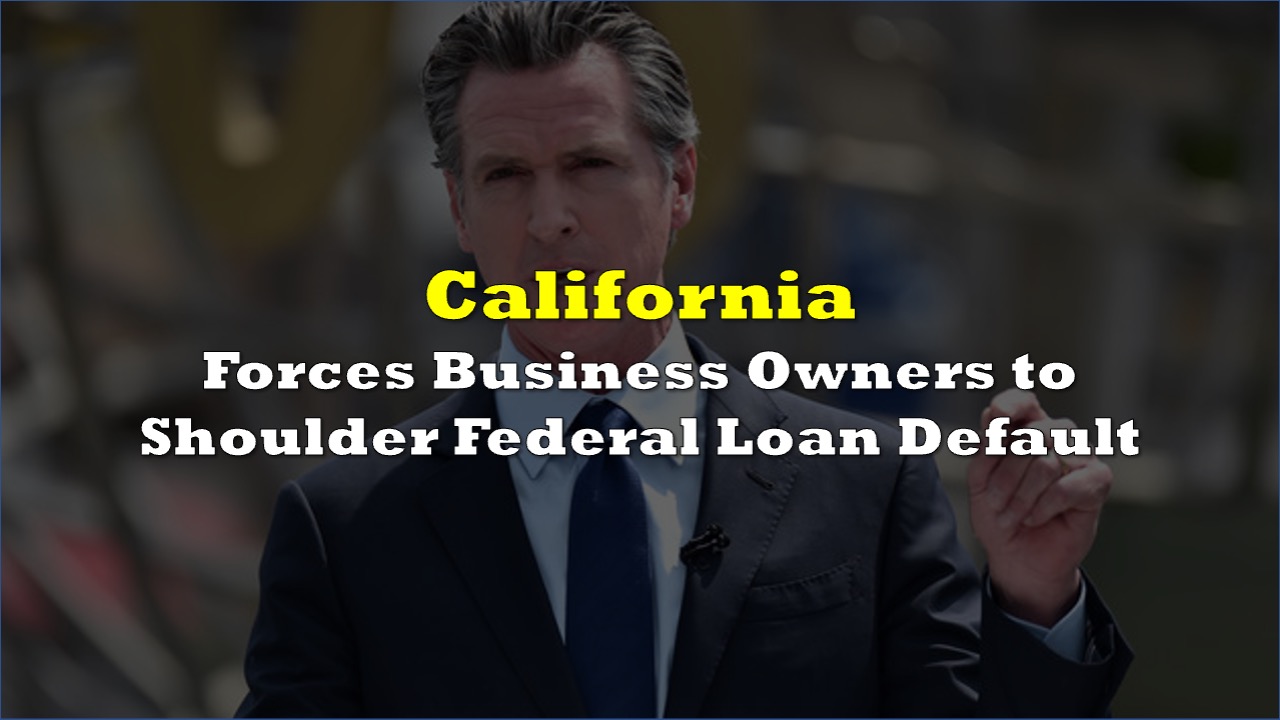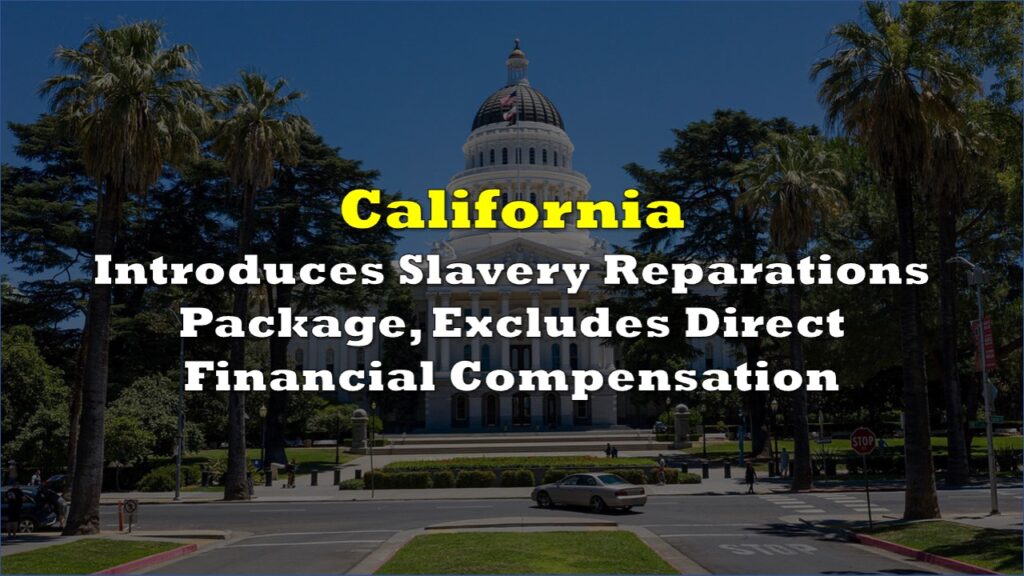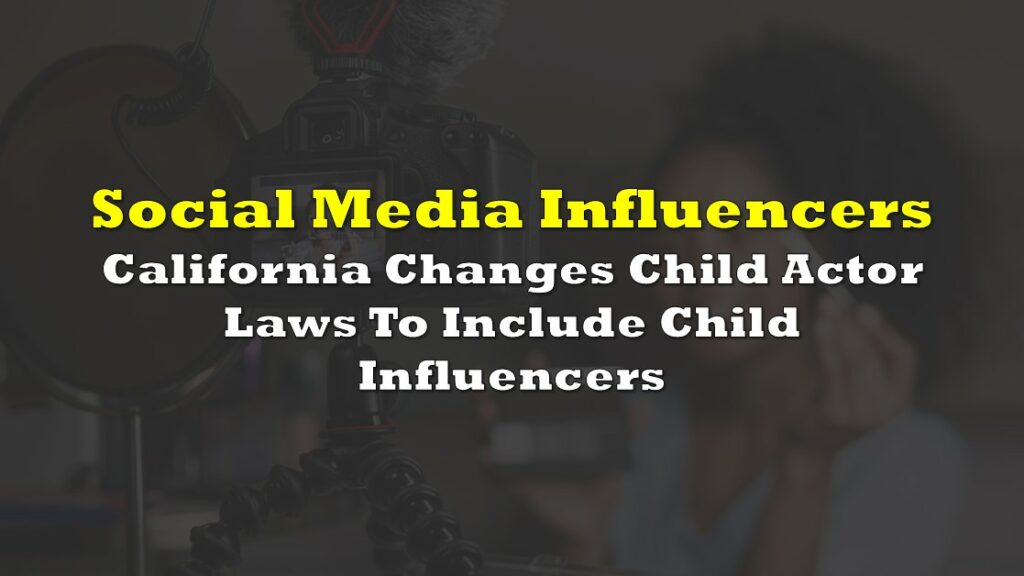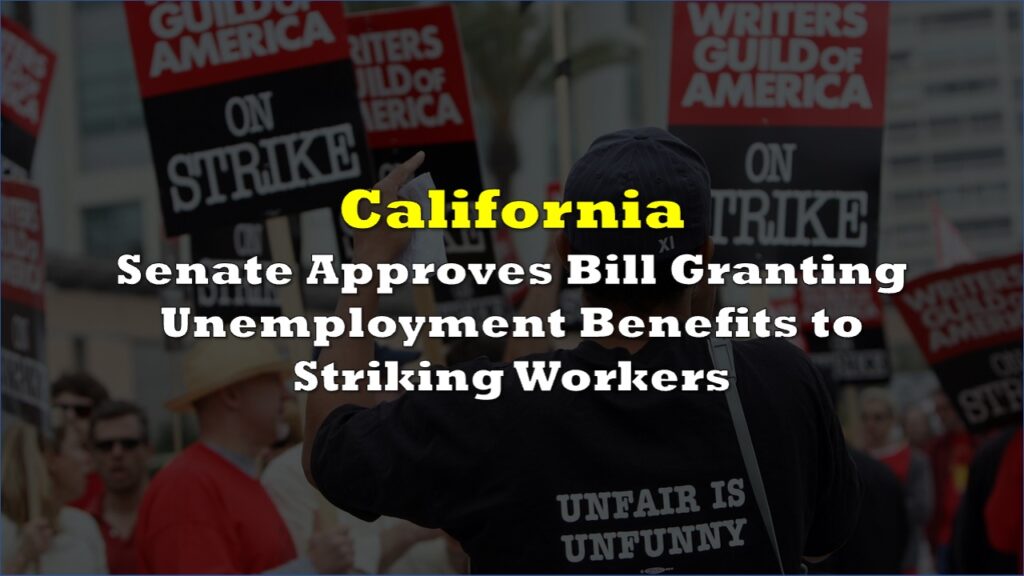Businesses in California are now financially responsible for the state’s nearly $20 billion federal loan default, which was taken out to address California’s unemployment fund deficit during the Covid pandemic.
The state ceased making payments on the loan, and as per federal law, when a state defaults on a federal unemployment insurance loan, its businesses must repay the debt. This default has been further compounded by the outdated IT system of California’s Employment and Development Department (EDD), which enabled more than $30 billion in fraudulent unemployment claims during the pandemic.
The federal government has increased the unemployment insurance tax by 0.3% for each business in the state as a result of the unpaid federal unemployment insurance loan, with an additional 0.3% increase each year until the loan is repaid. The federal unemployment insurance tax rate is around 0.6% per year, which means California businesses will pay several times the original rate before the loan is paid off.
The Legislative Analyst Office estimates that loan repayment through higher business taxes won’t occur until 2029 or 2030 and could take longer depending on California’s economic performance.
California is one of 22 states that received federal unemployment loans during the pandemic and is one of four that have not paid. As of last year, California owes $27.5 billion in federal unemployment insurance.
The state may have had a number of opportunities to pay off the debt, including a $100 billion budget surplus the previous year, $27 billion in federal Covid assistance, and a budget record of more than $300 billion for 2022-23.
The proposed 2023-24 budget also included $750 million to start paying down the loan, but California Governor Gavin Newsom made some changes in January and pulled the allocation.
Information for this story was found via Epoch Times, and the sources and companies mentioned. The author has no securities or affiliations related to the organizations discussed. Not a recommendation to buy or sell. Always do additional research and consult a professional before purchasing a security. The author holds no licenses.









